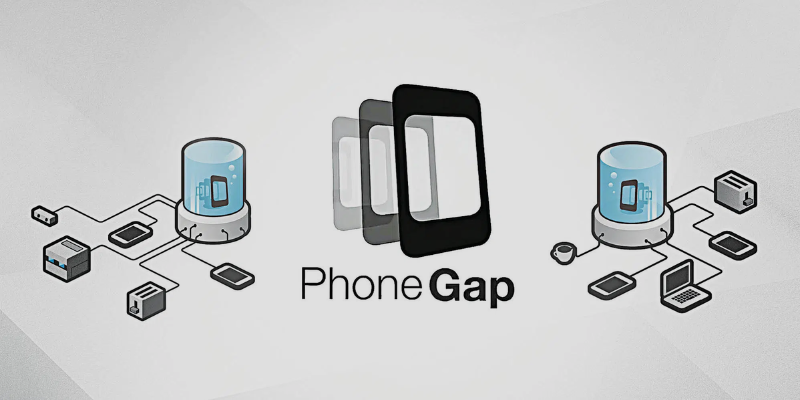Debugging and testing are indispensable aspects of the app development lifecycle, ensuring the creation of robust and error-free applications. This blog post will delve into essential debugging and testing techniques for PhoneGap apps, empowering developers to streamline their workflow and deliver high-quality mobile applications. To learn more about PhoneGap, join PhoneGap Training In Chennai, offered by FITA Academy, to improve your knowledge and skills.
Debugging and Testing Techniques for PhoneGap Apps
The Importance Of Debugging In PhoneGap Development:
Debugging is a critical process that helps developers identify and rectify issues within their codebase. For PhoneGap developers, debugging is particularly crucial due to the diverse range of platforms and devices their apps may run on. Having a solid understanding of PhoneGap application debugging guarantees a more seamless development process and aids in providing a consistent user experience across various operating systems and devices.
PhoneGap provides developers with tools and techniques to debug their applications efficiently. Using browser-based developer tools, such as Chrome DevTools or Safari Web Inspector, developers can inspect and debug their PhoneGap app’s HTML, CSS, and JavaScript components.
Testing Strategies For PhoneGap Apps:
Effective testing is paramount to ensure PhoneGap applications’ functionality, performance, and security. Given the diverse nature of mobile devices and operating systems, comprehensive testing becomes even more critical. Combining automated and manual testing techniques makes it easier for developers to find and address problems at different phases of the development process.
This hands-on approach allows developers to catch issues that automated testing might overlook, ensuring a more polished user experience. To learn more about Phone Gap, consider enrolling on the PhoneGap Online Training to improve your skills.
Automated testing, on the other hand, accelerates the testing process by executing predefined test scripts. PhoneGap supports various testing frameworks, such as Appium and Selenium, which enable developers to automate testing scenarios across different devices and platforms.
Harnessing Emulators And Simulators For Comprehensive Testing:
Emulators and simulators are indispensable tools in the PhoneGap developer’s toolkit. These tools mimic the behaviour of various devices and operating systems, allowing developers to test their apps in a controlled environment before deploying them to actual devices.
Emulators replicate a specific device’s entire hardware and software environment, providing a comprehensive testing environment. Simulators, conversely, mimic the behaviour of a device’s operating system without replicating its hardware.
Debugging and testing are still essential techniques in the rapidly changing world of mobile app development to guarantee the success of PhoneGap apps. Developers can create robust, cross-platform apps that delight users across diverse devices by mastering the art of debugging using browser-based tools, implementing comprehensive testing strategies, and leveraging emulators and simulators. To learn more about new software updates, join the Software Training Institute In Chennai to learn new technologies.
